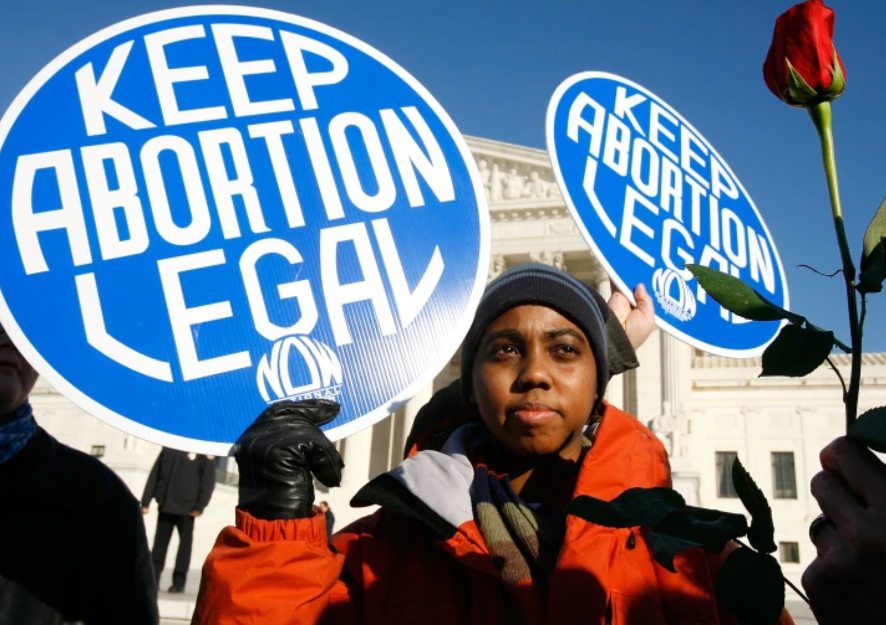In 1973, history was made as the U.S. court ruled that abortion be made legal in Roe v Wade. Women already felt they owned their bodies and the new law only reinforced that mindset. The law then had to descend to other states who in turn made their laws in abortion around Roe v Wade.
Pro-life advocates obviously were not in the least amused by this ruling, but for pro-choice advocates, the law was in the right order. Then almost half a century later, Roe v Wade is overturned and so many questions are being asked. Once again, a woman has to sit and wait while others determine what she should do with her own body.
A few months down the line of the overturn, Ohio State has announced a bill that would allow women to sue men for unintended pregnancies. While the two situations are very different and probably not related, one thing runs through them; safety and empowerment of women.
Lawmakers always want to set up laws that promote the individuality, safety and power of a woman. Ohio’s new legislation is an example; to empower the woman and hold the man accountable, but how far is too far?
When it comes to the safety of women, the overturn of Roe v Wade flashes a blinding light on how depending on who sits at the helm of affairs the woman’s safety will either be ensured or ignored.
While Pro-Life advocates are excited about the overturn maybe some, especially women, should sit and think of what happens when a mother is in danger and the only thing that would save her is an abortion. Overturning the law leaves women who may have ectopic pregnancies, rape and other pregnancy complications requiring abortions in danger of losing their lives. A line has to be drawn at some point. Two steps forward can’t be taken for hundred steps back to be taken.
49 years ago, Roe v Wade gave women the opportunity and license to have abortions if that’s what they choose. A dislike for that just means that don’t put yourself in that situation.
Still in the 21st century and yet women still have to fight for their right to do as they please with their own bodies. It does not look like their safety is being assured here. Now women who would want abortions would go through illegal and unsafe means to get it done.
Taking a look at the other side of the coin, empowering women. While Ohio may assume they are empowering women and holding irresponsible men accountable, they are actually fostering inequality.
“It takes two to tango” they say. So if two consenting adults engage in sexual intercourse and upon all options available to them in terms of preventing pregnancies, eventually an “unintended” pregnancy comes up and one party has the right to sue; how does that promote equality?
Irresponsible men who run from pregnancies should be held accountable, yes, but what of the blurry lines?
What if the man did all he could to ensure there was no pregnancy because he was not ready to start caring for kids? But the lady did not want that but wanted to keep the pregnancy. A line must be drawn when it comes to the excesses.
Empowering women should not open up a can of worms and put another gender at a disadvantage. The safety of women should be ensured irrespective of the views of some other people.
Overturning laws sets back a whole generation and opens them up to advocacy and demonstrations their ancestors must have thought had been done and dusted. The current climate of women empowerment and safety pertaining to these issues are leaving blurred lines that could haunt society.
Why overturn a law that settled all issues and gave all women equal rights with their bodies because a group of people advocates “hard” for it? Safety is no more assured if only pro-life women are covered.
Again, giving women the power to sue men for unintended pregnancies when intercourse takes two people who equally have the option of preventing pregnancies does not help with empowering. It gives room to revenge suits and a whole lot more.
While empowering women and ensuring their safety are of the utmost importance, the lines must be clear to avoid ambiguity and unequal opportunity.










